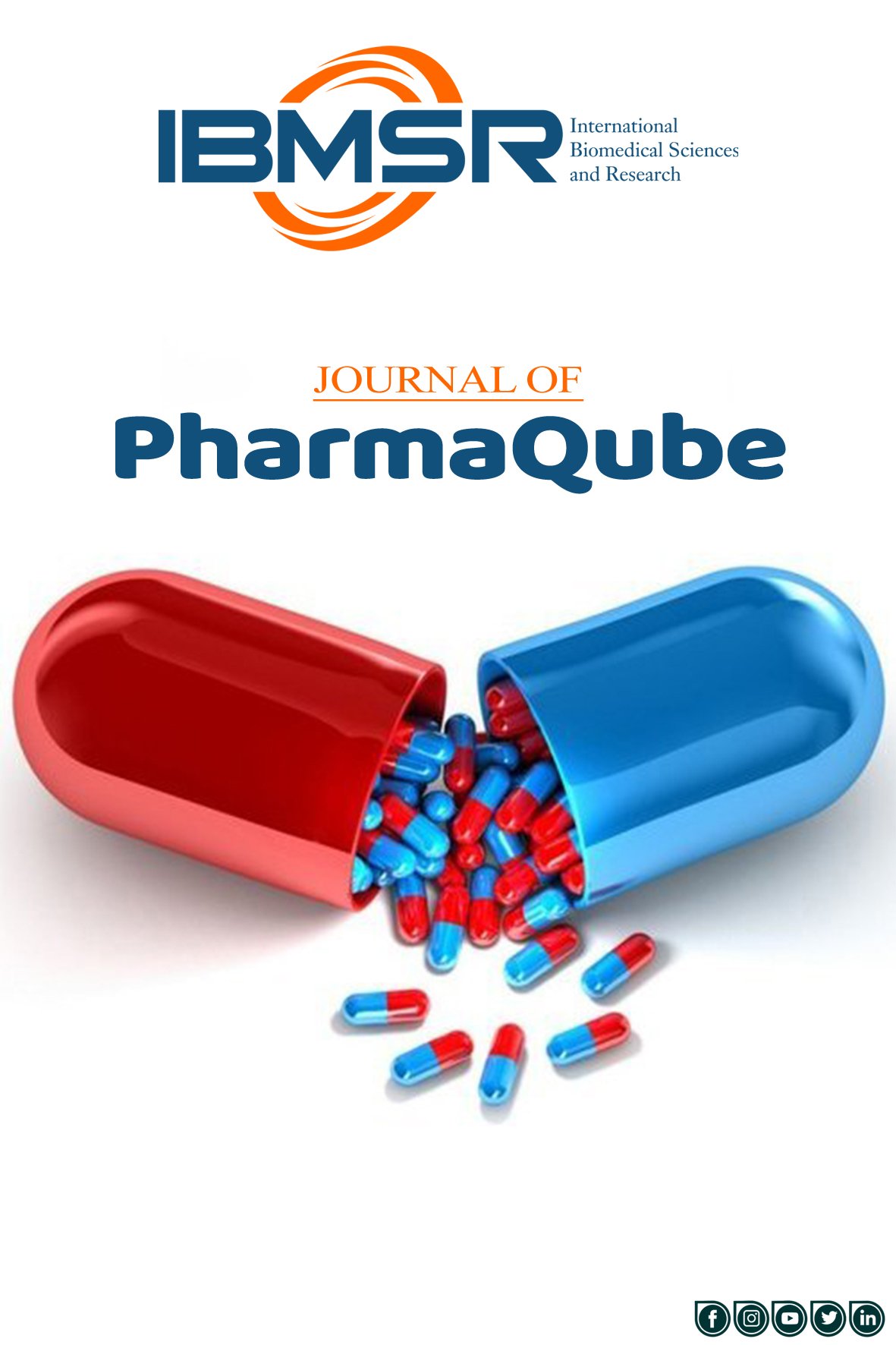Pharmaqube journal
The AI Revolution in Drug Discovery: A Comprehensive Review of Technologies, Triumphs, and Tribulations
Abstract
Artificial intelligence (AI) and Machine learning (ML) are catalyzing a paradigm shift in addressing the persistent challenges of traditional drug discovery, a process long characterized by exorbitant costs, protracted timelines, and profoundly low success rates. This comprehensive review critically analyzes recent advancements in AI and ML methodologies across the entire pharmaceutical research and development (R&D) pipeline, from initial target identification through to clinical development. The analysis examines a diverse array of AI techniques, including foundational machine learning, deep learning architectures, graph neural networks, and the latest generation of generative and multimodal models. It details their application in crucial areas such as novel target discovery, de novo molecular design, hit-to-lead optimization, and preclinical safety assessment. A comparative analysis highlights the relative advantages, inherent limitations, and practical implementation challenges associated with these varied AI approaches, emphasizing the critical importance of data quality, model validation, and interpretability, and the complex web of regulatory and ethical considerations. This review synthesizes current applications and successes, identifies persistent gaps—particularly in data accessibility, clinical translation, and navigating the hype cycle—and proposes future directions to unlock the full potential of AI in creating safer, more effective, and accessible medicines. By emphasizing transparent methodologies, robust validation frameworks, and responsible governance, this report aims to guide the impactful and ethical integration of artificial intelligence into the future of pharmaceutical innovation.
